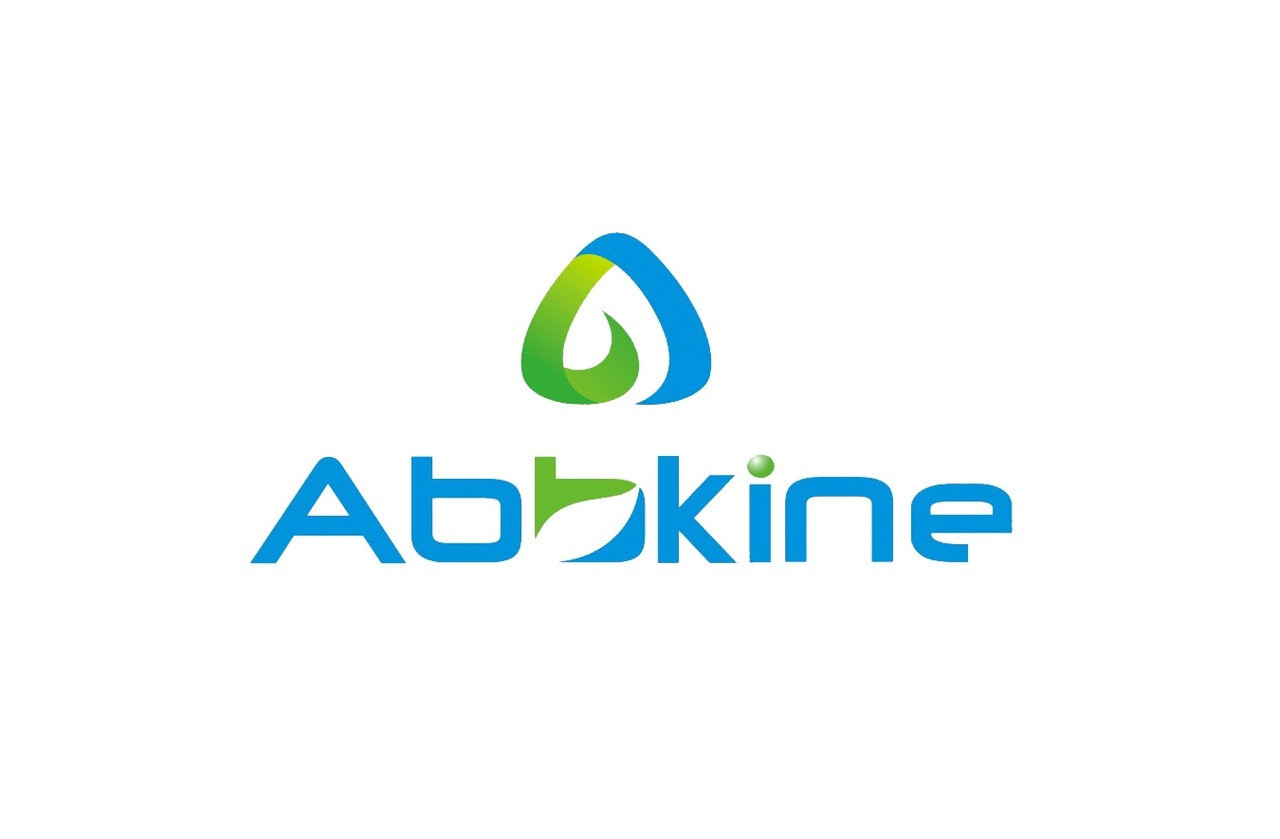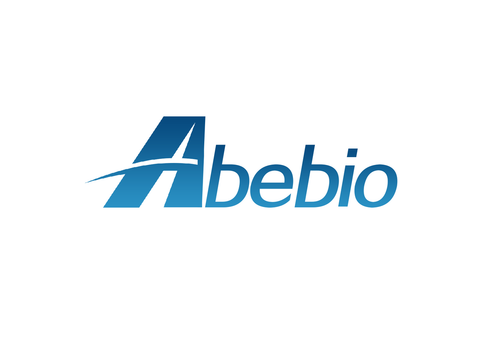Product Description
Mouse Tyrosine-protein kinase Srms (SRMS) ELISA Kit | KTE70258 | Abbkine
Application: This Mouse Tyrosine-protein kinase Srms (SRMS) ELISA Kit employs a two-site sandwich ELISA to quantitate SRMS in samples. An antibody specific for SRMS has been pre-coated onto a microplate. Standards and samples are pipetted into the wells and anySRMS present is bound by the immobilized antibody. After removing any unbound substances, a biotin-conjugated antibody specific for SRMS is added to the wells. After washing, Streptavidin conjugated Horseradish Peroxidase (HRP) is added to the wells. Following a wash to remove any unbound avidin-enzyme reagent, a substrate solution is added to the wells and color develops in proportion to the amount of SRMS bound in the initial step. The color development is stopped and the intensity of the color is measured.
Detection Method: Colorimetric
Conjugate: N/A
Sample Type: Cell culture supernatants#Serum#Plasma#Other biological fluids
Assay Type: Multiple steps standard sandwich ELISA assay with a working time of 3-5 hours. It depends on the experience of the operation person.
Kit Component: • Mouse Tyrosine-protein kinase Srms microplate
• Mouse Tyrosine-protein kinase Srms standard
• Mouse Tyrosine-protein kinase Srms detect antibody
• Streptavidin-HRP
• Standard diluent
• Assay buffer
• HRP substrate
• Stop solution
• Wash buffer
• Plate covers
Features & Benefits: Mouse Tyrosine-protein kinase Srms (SRMS) ELISA Kit has high sensitivity and excellent specificity for detection of Mouse SRMS. No significant cross-reactivity or interference between Mouse SRMS and analogues was observed.
Calibration Range: Please inquire
Limit Of Detection: Please inquire
Usage Note: • Do not mix components from different kit lots or use reagents beyond the kit expiration date.
• Allow all reagents to warm to room temperature for at least 30 minutes before opening.
• Pre-rinse the pipet tip with reagent, use fresh pipet tips for each sample, standard and reagent to avoid contamination.
• Unused wells must be kept desiccated at 4 °C in the sealed bag provided.
• Mix Thoroughly is very important for the result. It is recommended using low frequency oscillator or slight hand shaking every 10 minutes.
• It is recommended that all samples and standards be assayed in duplicate or triplicate.
Storage Instruction: The unopened kit should be stored at 2 - 8°C. After opening, please store refer to protocols.
Shipping: Gel pack with blue ice.
Precaution The product listed herein is for research use only and is not intended for use in human or clinical diagnosis. Suggested applications of our products are not recommendations to use our products in violation of any patent or as a license. We cannot be responsible for patent infringements or other violations that may occur with the use of this product.
Background: It has SH2, SH2', and SH3 domains and a tyrosine residue for autophosphorylation in the kinase domain but lacks an N-terminal glycine for myristylation and a C-terminal tyrosine which, when phosphorylated, suppresses kinase activity. These are structural features of the recently identified Tec family of nonreceptor tyrosine kinases. The Srm N-terminal unique domain, however, lacks the structural characteristics of the Tec family kinases, and the sequence similarity is highest to Src in the SH region. Mutant mice were generated by gene targeting in embryonic stem cells but displayed no apparent phenotype as in mutant mice expressing Src family kinases. These results suggest that Srm constitutes a new family of nonreceptor tyrosine kinases that may be redundant in function.
Alternative Names: SRMS; C20orf148; SRM; dJ697K14.1;
Search name: SRMS; C20orf148; SRM; dJ697K14.1;
Tag: SRMS
 Euro
Euro
 USD
USD
 British Pound
British Pound
 NULL
NULL








